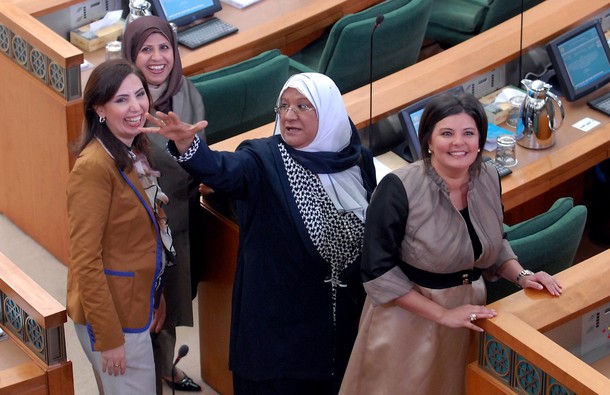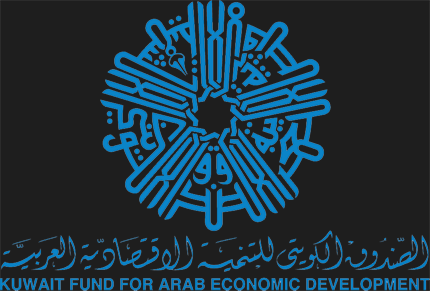Kuwait Political Developments 2010
The result of the elections, however, sent encouraging signals throughout the Arab world. A total of 210 candidates vied for 50 seats, among them 50 women. Four women won seats—a result that can fairly be described as revolutionary within the countries of the Gulf Cooperation Council (GCC).
Elections are usually a sign of democracy, progress, and stability. Kuwait’s last parliamentary elections on May 16 2009, however, were the result of an internal dispute between opposition parties and the government.
In mid-March last year, Kuwait’s Emir Sabah Al-Ahmad Al-Jabar Al-Sabah dissolved the National Assembly of Kuwait (Majlis) after the government resigned in order to avoid being questioned in parliament over an alleged misuse of public funds. Kuwait is a constitutional monarchy.
For many citizens of this oil-rich state, three elections within three years are a sign of political stalemate. Foreign investments began to avoid the northern gulf state and to put their capital elsewhere.
The Kuwait capital markets did not advance for months. The rollercoaster affairs in parliament triggered a discussion among Kuwaitis about whether the democratic model really fits their country.
The political stalemate also demonstrates that even high income economies have problems. The image of calm complacency in the oil rich Arab states, which is frequently painted by Western Media, does not exist.
A unique stand – women in power
The result of the elections, however, sent encouraging signals throughout the Arab world. A total of 210 candidates vied for 50 seats, among them 50 women.

Four women won seats—a result that can fairly be described as revolutionary within the countries of the Gulf Cooperation Council (GCC). The GCC is a political and economic union founded in 1981.
In addition to Kuwait, the GCC member states are Saudi Arabia, Qatar, Bahrain , the United Arab Emirates and Oman. Blessed with oil and gas resources, and well-educated people, Kuwait is the ninth richest country in the world, in terms of GDP per capita. The name Kuwait derives from Akwat, which means fortresses near water.
Kuwait foreign policy
As a fortress loaded with cash and treasuries, Kuwait never forgets other countries that are more in need, and other peoples who are not blessed with wealth in difficult times.
Since its inception, Kuwait has given more than 700 loans to more than 100 countries totaling more than 3.8 million KD, plus technical assistance packages to 88 countries totaling more than 98 million KD.
“The Kuwaiti economy and the Gulf region is very well suited to overcome {…} this crisis, and these kinds of problems. My concern is for the developing countries in the world”, says Abdulwahab Al-Bader , Director General of the Kuwait Fund for Arab Economic Development .
